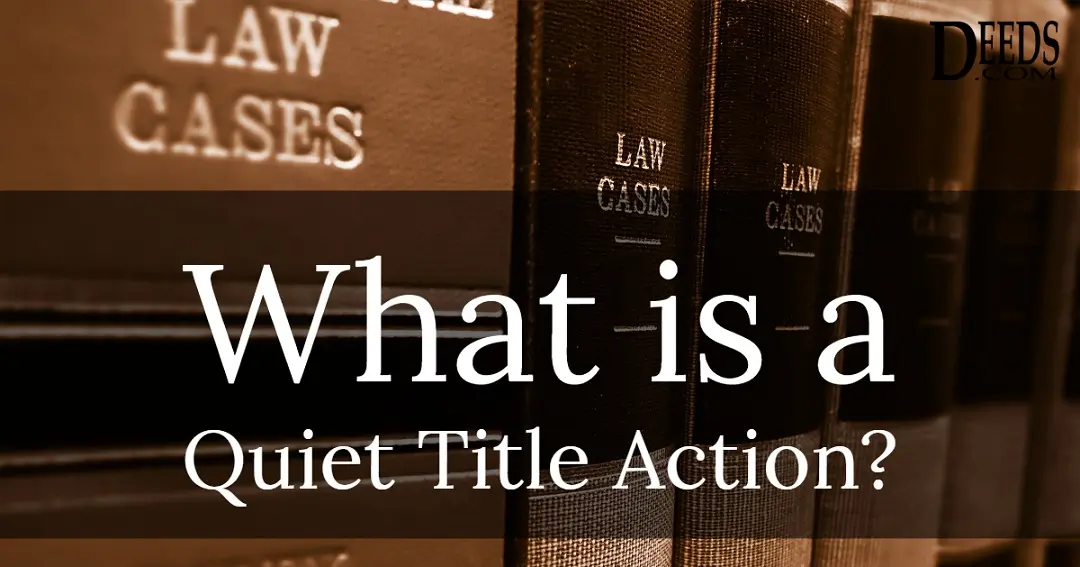
A quiet title action is a special legal proceeding to determine rightful, legal property ownership. It is often a preventative or “friendly” lawsuit to ensure that no other parties have conflicting claims to a title, or to resolve an ambiguity. Depending on state law provisions, the plaintiff—that is, the party filing the complaint—may be the mortgage lender, a potential buyer, the legal title holder, or someone in actual possession of the property.
Prevailing in a quiet title action enables the rightful owner to get title insurance, to take a loan out on the property, and to convey the property free and clear of any cloud on the title.
When to File a Quiet Title Action
Whenever doubt or ambiguity arises as to ownership in a title search, the title company will not issue a title insurance policy. This means the property lacks marketable title. To obtain a mortgage loan, title insurance is necessary.
Continue reading “What Is a Quiet Title Action?”
